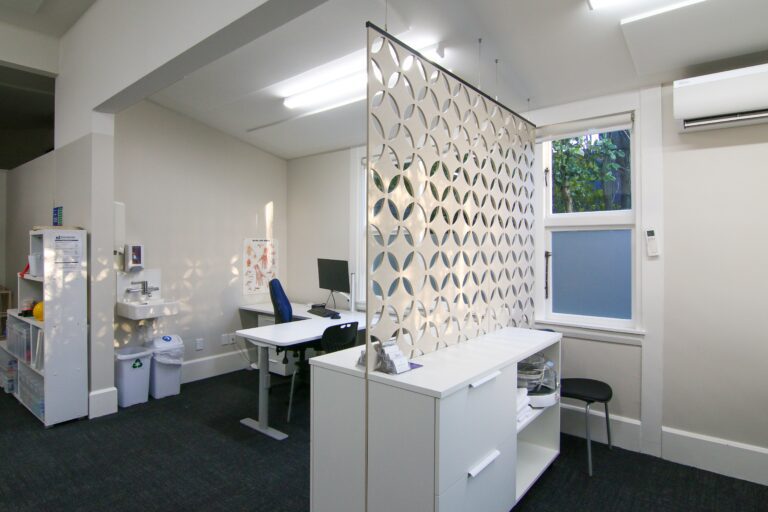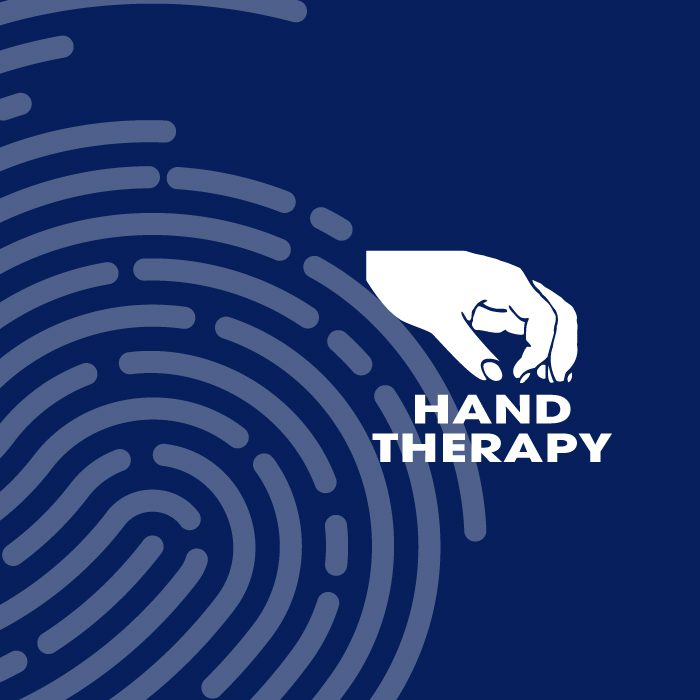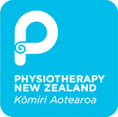Scarring is a natural part of the healing process, but the amount of scar tissue that develops is dependent on the severity and location of the injury. Some individuals are genetically predisposed to laying down thicker scar tissue. Thick, raised scars (called hypertrophic or keloid scars) can restrict movement and appear unsightly. Other problems created by scarring include: pain, hypersensitivity and adhesions (when the scar tethers to the underlying soft tissue structures deep to the wound reducing normal range of motion). Scar tissue matures and softens naturally over a period of 9-18 months after injury/surgery.
Hand therapy can assist in the treatment of scars by:
- Improving scar appearance
- Reducing scar sensitivity
- Restoring range of movement and function
Treatment may include:
- Scar massage – when performed regularly can help to soften and flatter scar tissue and decrease the sensitivity of the scar
- Silicone gel – promotes softening and scar flexibility. The Merivale Hand Clinic has a range of special silicone gel products available for purchase to manage scarring.
- Desensitisation techniques – these improve tolerance to touch, textures and vibration
Pressure garments – these distribute even pressure over a large scar area to help flatten the scar. - Specific Exercise – gently works tissues through their comfortable range and gradually extend this range
- Advice and education on scar management.
Early management of scars often helps to promote a flat, soft and mobile scar and therapists at the Merivale Hand Clinic can assess and advise of the appropriate management of any conditions involving scars.




